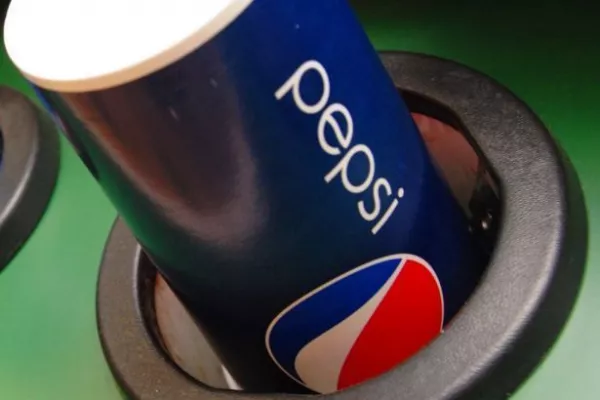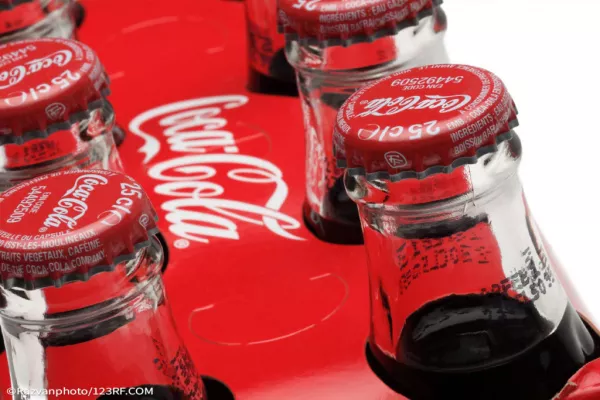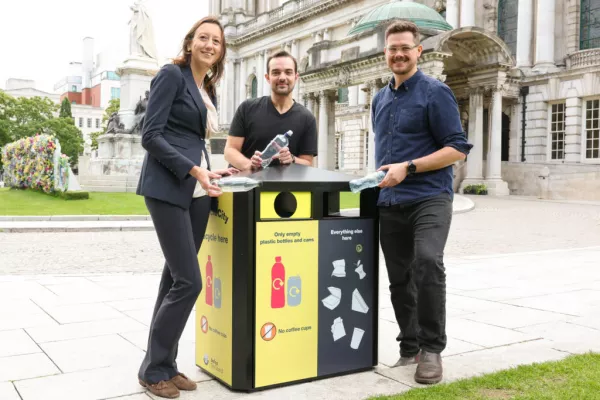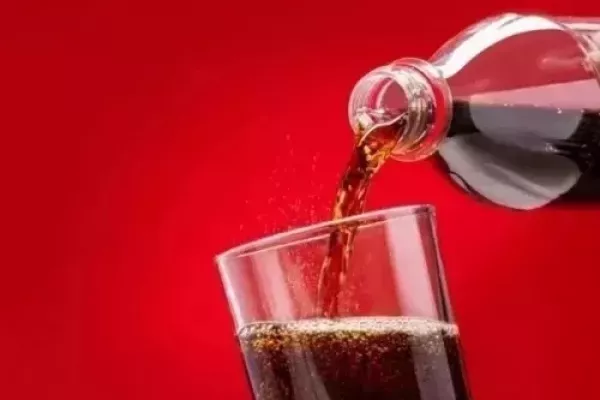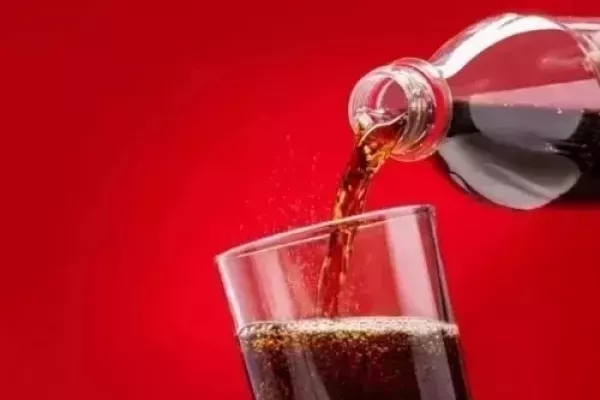Facing stagnant sales volumes, PepsiCo Chief Executive Officer Indra Nooyi is turning to a well-worn playbook to fuel growth: charge higher prices and cut expenses.
The company is focusing on more premium products such as Poppables, LifeWTR and Quaker Overnight Oats, rather than old standbys like Lay’s and Diet Pepsi. And the strategy is showing up in PepsiCo’s bottom line: It contributed to second-quarter earnings that topped Wall Street estimates, and the food giant boosted its annual forecast.
The question now is whether Nooyi can maintain earnings without a broad resurgence in demand from consumers. By shifting to higher-end snacks and beverages, PepsiCo is looking to thrive even if the amount of product it’s selling doesn’t rebound.
“As we do more premium, volume is going to be a less relevant metric,” Chief Financial Officer Hugh Johnston said in an interview.
The premium segment of the snack industry increased about 8 percent last quarter, while PepsiCo’s Frito-Lay business was up about 3.5 percent, he said. That means there’s untapped growth as the business moves upscale.
For now, investors have a wait-and-see attitude. They gave a tepid reaction to the second-quarter results, with the shares down less than 1 percent to $113.73 at 10:10 a.m. in New York. The stock had climbed 9.2 percent this year through Monday’s close.
The seller of Doritos, Sabra hummus and Mountain Dew posted second-quarter earnings of $1.50 a share, excluding some items. That exceeded the $1.40 average of analysts’ estimates.
While the food-and-beverage giant benefited from higher prices on chips and other snacks, volume didn’t increase in the Frito-Lay division. Against that backdrop, PepsiCo continued its cost-cutting efforts. The measures aim to annually save at least $1 billion, which the company is reinvesting in research and marketing.
PepsiCo’s innovations -- defined as products released in the past three years -- make up between 8 percent and 9 percent of sales, Johnston said.
The latest results follow a disappointing first quarter for Frito-Lay, when the unit saw its first volume decline in North America in about five years. The company said at the time that the decline was temporary, hurt by the timing of Easter and New Year’s.
On Tuesday, the Purchase, New York-based company raised its 2017 earnings target to $5.13 a share, excluding some items, from a previous forecast of $5.09.
Sales gained 2 percent to $15.7 billion last quarter. That beat the average projection of $15.6 billion.
Everyday Nutrition
PepsiCo has emphasized expansion of its so-called everyday-nutrition products, which include nutrients like grains, fruits, vegetables or protein. That category also encompasses water and unsweetened tea. Those products helped fuel results.
The company has also focused on a broader “guilt free” lineup that includes drinks with fewer than 70 calories -- plus food with lower levels of sodium and saturated fat.
PepsiCo and beverage rivals Coca-Cola Co. and Dr Pepper Snapple Group are working to expand their portfolios beyond the sugary drinks they’re associated with.
The American Beverage Association, which represents the three companies, announced a pledge in 2014 to lessen per-capita consumption from drinks by 20 percent by 2025. So far, progress has been slow: Caloric intake from beverages dropped 0.2 percent in 2015, the last year with data available.
PepsiCo has faced particular trouble trying to reinvigorate its flagship diet soft-drink brand. It removed aspartame from Diet Pepsi in August 2015 after consumers complained about the ingredient. But sales subsequently dropped, and the company rereleased an aspartame-sweetened version less than a year later. The brand currently has three diet offerings: Diet Pepsi, Diet Pepsi Classic Sweetener Blend and Pepsi Zero Sugar.
PepsiCo and its peers are also confronting challenges at the local level. Philadelphia; the San Francisco Bay area; Boulder, Colorado; and the county encompassing Chicago have each passed soft-drink taxes. Santa Fe, New Mexico, however, recently voted against a soda-tax measure.
News by Bloomberg, edited by Hospitality Ireland
